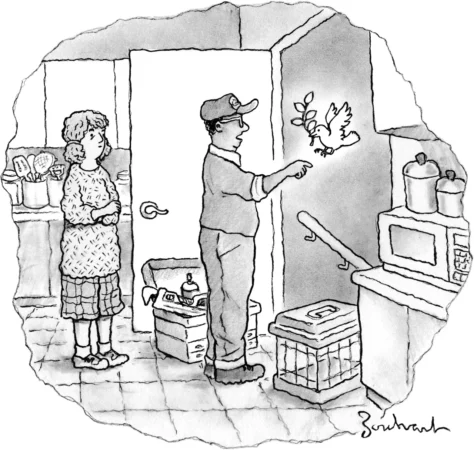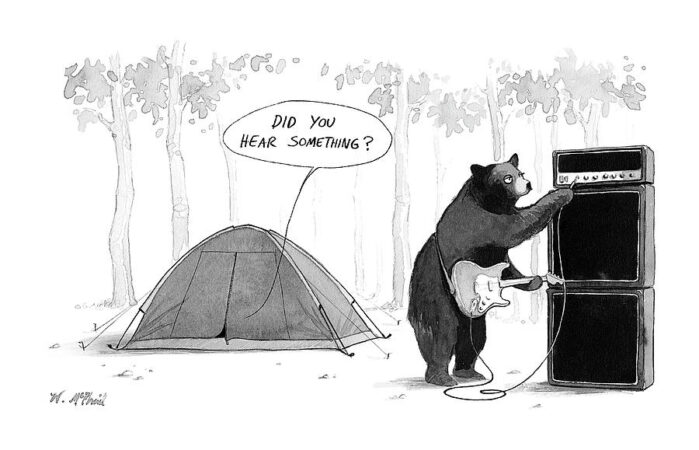
Good News and Bad News


“Some people think that in the transition from the old covenant to the new, blasphemy went from outlawed to somehow acceptable. It actually went from outlawed to doomed.”
Mere Christendom, 169
[Regarding 1 Cor. 5:9-11] “Christians were given explicit and free permission to keep company with idolaters who would worship Aphrodite by fornicating with prostitutes at her temple. But is that not a blasphemous activity? Yes, it is, and this is the Pauline strategy for attacking it.”
“One of the reasons why the question of free speech in a hypothetical Christian republic is such an interesting topic is because it brings together all kinds of issues, and presents them to us in a sizzling pan, a sort of corned beef hash with eggs and onions and exotic sauces all mixed up together and piping hot. Some of the taste sensations you might not have anticipated as going well together before you first tried it, but they do go together.”
Letter to the Editor: My husband has led us into a congregation that is Arminian with a baptismal regeneration theology, very weak leadership, and works righteousness abounding.Is it wrong ...
“If a man feels called to the ministry, one of the first things he should do is find a sweet little thing with a stout heart, marry her, and start having fat evangelical babies. This is something the homo-catechized world will sneer at, but only because they can’t do it. All they have is gay fruitlessness.”
Virgins and Volcanoes, p. 98
“In times like ours, it is a standing disgrace that courage is not required to preach sermons.”
Virgins and Volcanoes, p. 98

“This means that, to be truly feminine, the Church must be obedient. And what is the Church told to do? The church is commanded to have masculine leadership . . . and that means that the Church is never more feminine than when the worship is led by men, the liturgy is conducted by men, and the one who opens the text of the sermon to read it aloud is a man.”
Virgins and Volcanoes, pp. 94-95
“When the church is in free fall, it doesn’t make sense to look wistfully back at the first yard or so when you were still just underneath the plane.”
Virgins and Volcanoes, p. 93